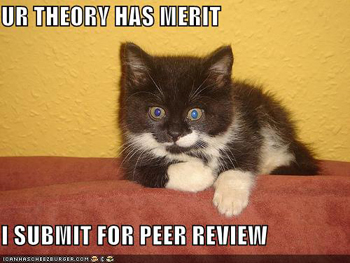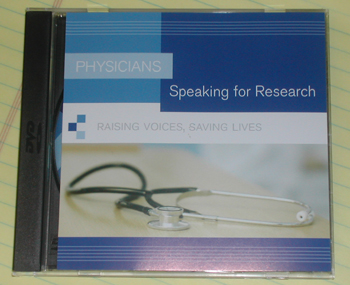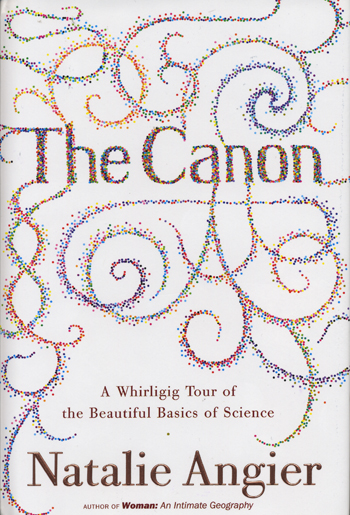
It has seemed to me for some time now that the landscape of news and information sources has changed since the end of the last century. Anecdotally, I seem to know an awful lot of people who rely primarily on online sources (both online versions of traditional newspapers and magazines and blogs with journalistic leanings that provide solidly researched articles and deep analysis) for their news. But I also seem to know some people who automatically equate information on the internet with the nutty website of a paranoid guy in the cellar.
And it’s really hard to assume that the people I seem to know are a representative sample of the population as a whole.
In the interests of science (what with the penchant for empirical evidence), some folks are trying to get some data on who is reading about science in the blogosphere and about what impact, if any, blogs may be having in the three-dimensional world. To that end, they’ve constructed a survey which you are invited to take. Here’s the official explanation:
This survey attempts to access the opinions of bloggers, blog-readers, and non-blog folk in regards to the impact of blogs on the outside world. The authors of the survey are completing an academic manuscript on the impact of science blogging and this survey will provide invaluable data to answer the following questions:
Who reads or writes blogs?
What are the perceptions of blogging, and what are the views of those who read blogs?
How do academics and others perceive science blogging?
What, if any, influence does science blogging have on science in general?
Please consider participating in the survey as an act of ‘internet solidarity’! It will likely take 10 minutes, and a bit more if you are a blogger yourself. We thank you in advance.
If you survive the survey unscathed, you might even email the link to a friend (although for goodness sake, don’t make a chain letter out of it!) to help build a larger and perhaps more representative sample.
The above LOLcat brought to my attention by RMD, who got to interview Cheezburger!

 The other day I received a DVD made by
The other day I received a DVD made by 